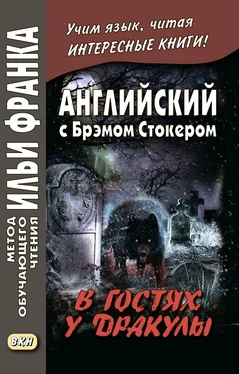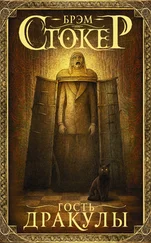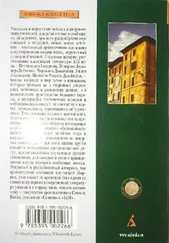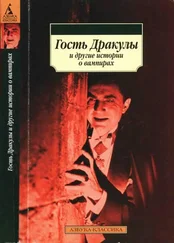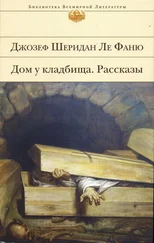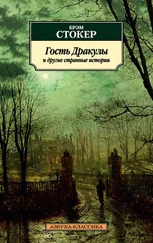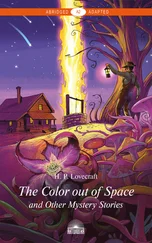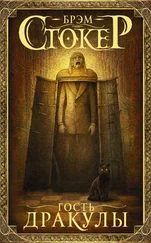1 ...7 8 9 11 12 13 ...26 “Are ye afraid of the hazard?”
“Not me!” said Abel, boldly. Mrs. Trefusis, seeing that her idea was beginning to work, followed up the advantage.
“It is settled that ye put yer money together to make a home for her, whether ye toss for her or leave it for her to choose?”
“Yes,” said Eric quickly, and Abel agreed with equal sturdiness(да / хорошо, – быстро сказал Эрик, и Абель согласился с такой же решительностью; equal – равный; sturdy – крепкий, прочный; непреклонный, твердый ) . Mrs. Trefusis' little cunning eyes twinkled(маленькие хитрые глазки миссис Трефьюзис засверкали) . She heard Sarah's step in the yard, and said(она услышала шаги Сары во дворе и сказала; to hear – слышать; step – шаг; поступь ):
“Well! here she comes, and I leave it to her(ну что же, вот она идет, и я предоставляю /все/ ей) .” And she went out(и она вышла /из комнаты/).
During her brief walk on the hillside Sarah had been trying to make up her mind(во время короткой прогулки по склону холма Сара пыталась принять решение) . She was feeling almost angry with both men for being the cause of her difficulty(она почти сердилась на обоих поклонников за то, что они явились причиной ее затруднения; to feel – чувствовать, ощущать; angry – сердитый, гневный; to feel angry with smb. – сердиться на кого-л.; difficulty – трудность; затруднение; difficult – трудный ) , and as she came into the room said shortly(и, войдя в комнату, она резко сказала; shortly – коротко; резко; грубо ):
“I want to have a word with you both(я хочу поговорить с вами обоими; word – слово; разговор, речь ) – come to the Flagstaff Rock, where we can be alone(пойдемте на Флагштоковую скалу, где мы сможем побыть одни; flagstaff – флагшток; flag – флаг; staff – посох, палка; флагшток ) .”
equal['i:kwəl] , sturdiness['stɜ:dɪnɪs], cause[kɔ:z] , difficulty['dɪfɪk(ə)ltɪ]
“Yes,” said Eric quickly, and Abel agreed with equal sturdiness. Mrs. Trefusis' little cunning eyes twinkled. She heard Sarah's step in the yard, and said:
“Well! here she comes, and I leave it to her.” And she went out.
During her brief walk on the hillside Sarah had been trying to make up her mind. She was feeling almost angry with both men for being the cause of her difficulty, and as she came into the room said shortly:
“I want to have a word with you both – come to the Flagstaff Rock, where we can be alone.”
She took her hat and went out of the house up the winding path(она взяла шляпку, вышла из дома и /пошла/ по извилистой тропинке) to the steep rock crowned with a high flagstaff(к крутой скале, увенчанной высоким флагштоком; crown – корона; венец; вершина; to crown – короновать; увенчивать ) , where once the wreckers' fire basket used to burn(где когда-то горел костер грабителей потерпевших крушение судов; to wreck – вызывать крушение /самолета, судна/; терпеть крушение; fire – огонь; костер; basket – корзина; used to – используется при описании событий, регулярно происходивших в прошлом ) . This was the rock which formed the northern jaw of the little harbour(это была скала, которая образовывала северную стену маленькой гавани; jaw – челюсть; jaws – горные стены по сторонам узкой долины; узкий вход долины, залива ) . There was only room on the path for two abreast(на тропинке хватало места только для двоих; abreast – в ряд, на одной линии; /мор./ борт о борт; breast – грудь ) , and it marked the state of things pretty well(и это довольно хорошо отразило положение вещей; to mark – отмечать; характеризовать; выражать ) when, by a sort of implied arrangement(когда по какому-то молчаливому согласию; a sort of – своего рода, нечто вроде; sort – вид, род, тип ) , Sarah went first, and the two men followed(Сара пошла первой, а за ней последовали двое женихов) , walking abreast and keeping step(которые шли в ногу: «поддерживали шаг», плечом к плечу) . By this time, each man's heart was boiling with jealousy(к этому времени сердце каждого кипело от ревности) . When they came to the top of the rock(когда они дошли до вершины скалы) , Sarah stood against the flagstaff(Сара встала у флагштока; to stand – стоять; вставать; останавливаться ) , and the two young men stood opposite her(а двое молодых людей остановились напротив нее).
crowned[kraʊnd] , wreckers['rekəz], walking['wɔ:kɪŋ] , young[jʌŋ]
She took her hat and went out of the house up the winding path to the steep rock crowned with a high flagstaff, where once the wreckers' fire basket used to burn. This was the rock which formed the northern jaw of the little harbour. There was only room on the path for two abreast, and it marked the state of things pretty well when, by a sort of implied arrangement, Sarah went first, and the two men followed, walking abreast and keeping step. By this time, each man's heart was boiling with jealousy. When they came to the top of the rock, Sarah stood against the flagstaff, and the two young men stood opposite her.
She had chosen her position with knowledge and intention(она выбрала положение со знанием и расчетом) , for there was no room for anyone to stand beside her(так как там не было места, чтобы кто-то /еще/ встал рядом с ней) . They were all silent for a while(они все молчали некоторое время) ; then Sarah began to laugh and said(затем Сара начала смеяться и сказала):
“I promised the both of you to give you an answer today(я обещала вам обоим дать ответ сегодня) . I've been thinking and thinking and thinking(я думала, думала, думала) , till I began to get angry with you both for plaguing me so(пока не начала злиться на вас обоих за то, что вы так меня мучите; to plague – /разг./ мучить, досаждать, изводить; plague – чума; бедствие; /разг./ досада, беспокойство ) ; and even now I don't seem any nearer than ever I was to making up my mind(и даже теперь я, кажется, не подошла ближе, чем была, к принятию решения) .” Eric said suddenly(Эрик сказал вдруг):
Читать дальше
